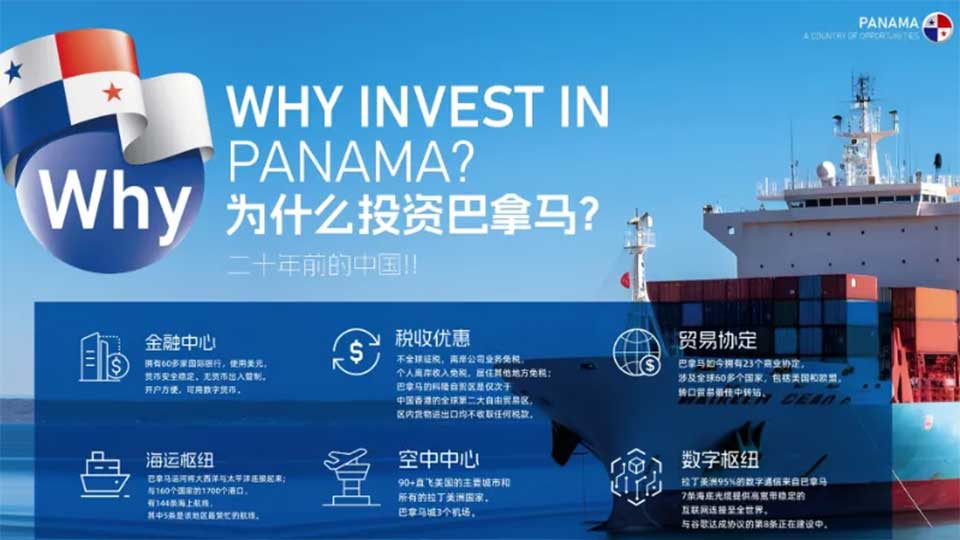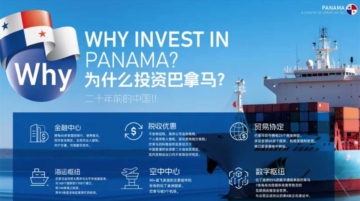
As China moves to block a high-profile international deal, the controversy has unexpectedly fueled a new wave of immigration marketing.
On March 4, 2025, Hong Kong tycoon Li Ka-shing announced the $22.8 billion sale of his Panama Canal ports and 43 other global terminals to U.S. investment giant BlackRock. The deal immediately drew intense public attention and triggered political backlash in China, with authorities reportedly stepping in to investigate and halt the transaction.
Yet amid the uproar, Chinese immigration agencies quickly spun the news into a sales pitch—casting Panama as a rising offshore safe haven for high-net-worth individuals (HNWIs) seeking overseas residency and asset protection.
In particular, Panama is being marketed heavily to Chinese entrepreneurs in cross-border e-commerce, logistics, freight forwarding, warehousing, and distribution—especially those with operations aimed at the North and Latin American markets.
For Chinese business owners currently using offshore entities in Hong Kong, the British Virgin Islands, or the Cayman Islands, agents position Panama as a more robust and legitimate alternative—especially as these jurisdictions face growing scrutiny from global banking systems.
Key Selling Points to Chinese High-Net-Worth Individuals
- Quick, Multi-Generational Residency: Buying property worth at least $300,000 grants permanent residency in ~30 working days, covering up to three generations. Property can be resold after five years without affecting status.
- USD-Based Economy: Panama uses the U.S. dollar as legal tender, helping investors avoid risks from RMB depreciation or capital market instability.
- No Capital Controls: Unlike China, Panama imposes no restrictions on capital inflows and outflows.
- Territorial Tax System: Only income generated within Panama is taxed—offshore earnings and capital gains are fully exempt.
- Low and Predictable Tax Rates: Corporate tax tops out at 25%, with exemptions in zones like Colón Free Trade Zone; personal taxes kick in only after $11,000 USD of local income.
- Real Business Infrastructure: Investors can set up functional, legitimate companies with warehousing, logistics, and supply chain access—not just paper entities.
- Proximity to U.S. Without Its Tax Burden: Unlike holding a U.S. green card or passport, a Panamanian identity allows for easier explanations around customs, declarations, and offshore income without triggering full U.S. tax exposure.
In recent weeks, marketing posts—including personal accounts of relocating to Panama—have proliferated on platforms like Xiaohongshu and WeChat. However, some users are pushing back, questioning the long-term practicality, legal clarity, and moral implications of promoting offshore migration as a financial strategy amid rising geopolitical tensions.






